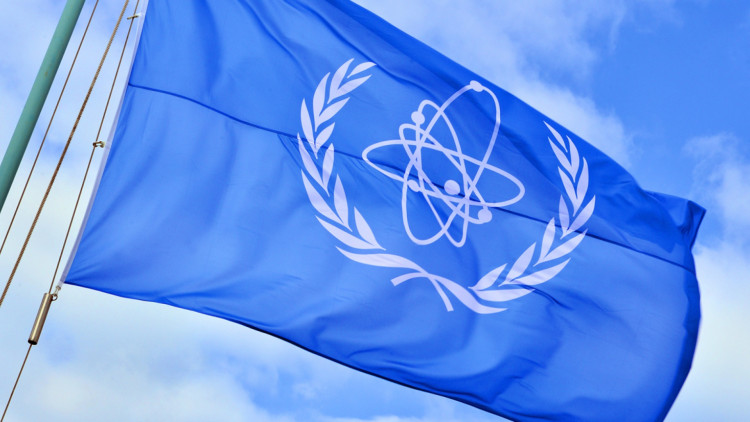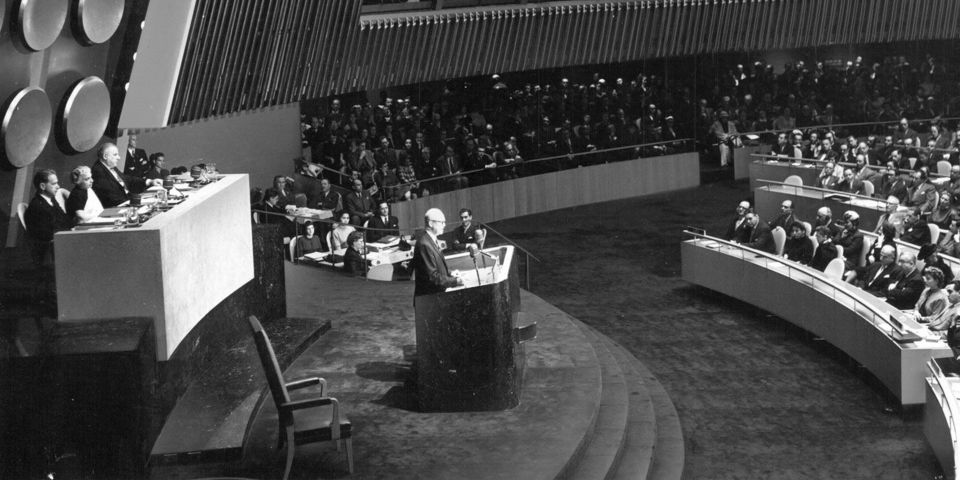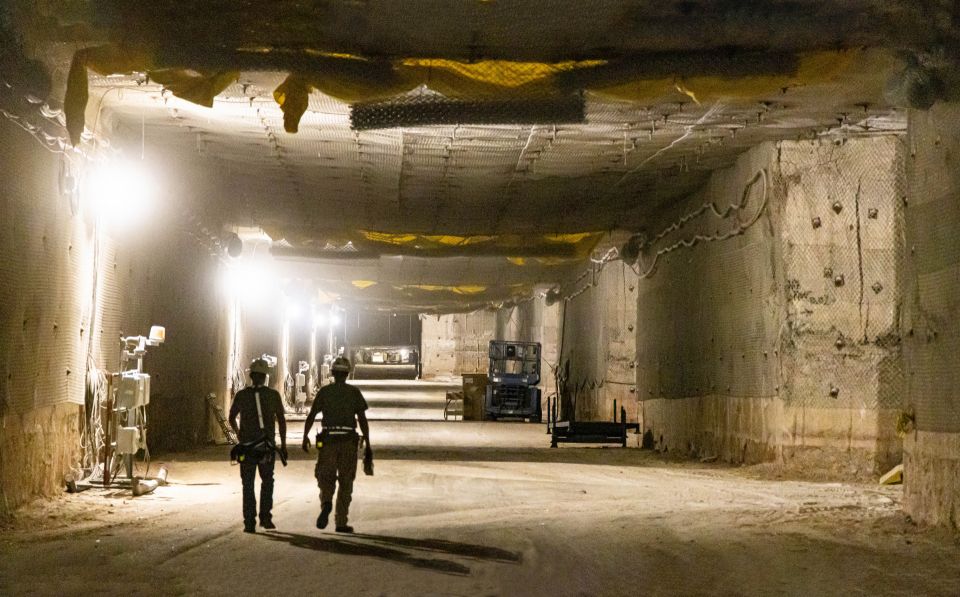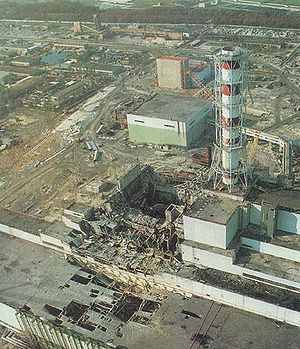
Chernobyl-4 reactor after the accident (center), its turbine building (lower left), and Chenobyl-3 (center right).
This year-2011-marks the 25th anniversary of the Chernobyl accident, which occurred on April 26, 1986, at the Chernobyl nuclear power plant in Ukraine (then the Ukrainian Soviet Socialist Republic, part of the Soviet Union). While I am certain that there will be plenty of coverage of the event a few months from now, the anniversary serves as a reminder of just how long ago it was, and how many of the younger members of the nuclear industry were not alive or were not aware of the accident and simply have no real knowledge of it.
In full disclosure, I myself was not quite 10 years old at the time, but like the Challenger space shuttle accident that same year, Chernobyl and its aftermath were an impacting memory.
When a generation shares a major event, it can be easy to never realize that later generations have limited knowledge of the event, if any knowledge at all. It is not the technical lessons of the accident that we have to worry about losing. These lessons become part of the fabric of our educational programs, and they are built into the training, policies, and procedures throughout the industry. What we can't replicate, however, is the emotional impact of the event. Young engineers may be able to give 20 reasons why an accident like happened at Chernobyl can never occur in the United States, but does that mean that they can frame the answers in a way that addresses the fears of their audience?
 When we talk about knowledge transfer from one generation to another, we are usually talking about the technical knowledge. Even absent a strong program in that area, technical history does become part of our education, formally or informally. We learn about how regulations have changed over time, or we redo some calculations based upon a new set of standards, or we absorb some of the "war stories" from more experienced people around us. We don't want to miss the important details, which is why knowledge management programs are so important. Whichever side of the conversation we find ourselves on, we should not forget to talk about those things-such as the emotional impact-that engineers sometimes have a more difficult time putting into words.
When we talk about knowledge transfer from one generation to another, we are usually talking about the technical knowledge. Even absent a strong program in that area, technical history does become part of our education, formally or informally. We learn about how regulations have changed over time, or we redo some calculations based upon a new set of standards, or we absorb some of the "war stories" from more experienced people around us. We don't want to miss the important details, which is why knowledge management programs are so important. Whichever side of the conversation we find ourselves on, we should not forget to talk about those things-such as the emotional impact-that engineers sometimes have a more difficult time putting into words.
____________________
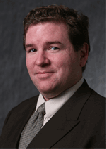
Caracappa
Peter Caracappa is a clinical assistant professor and radiation safety officer at Rensselaer Polytechnic Institute, in New York State. He was a founding executive committee member of the Young Members Group and currently serves as its chair. He is a contributor to the ANS Nuclear Cafe.
 At a session on educational programs during a recent ANS meeting, a fairly new graduate student in nuclear engineering described a nuclear survey course that he had taken at his university. The graduate student had not studied nuclear engineering as an undergrad, and when he said, "I had never really heard of Chernobyl before I took this course," you could almost hear an audible gasp among the more, well, mature members of the audience.
At a session on educational programs during a recent ANS meeting, a fairly new graduate student in nuclear engineering described a nuclear survey course that he had taken at his university. The graduate student had not studied nuclear engineering as an undergrad, and when he said, "I had never really heard of Chernobyl before I took this course," you could almost hear an audible gasp among the more, well, mature members of the audience.


 When we talk about knowledge transfer from one generation to another, we are usually talking about the technical knowledge. Even absent a strong program in that area, technical history does become part of our education, formally or informally. We learn about how regulations have changed over time, or we redo some calculations based upon a new set of standards, or we absorb some of the "war stories" from more experienced people around us. We don't want to miss the important details, which is why knowledge management programs are so important. Whichever side of the conversation we find ourselves on, we should not forget to talk about those things-such as the emotional impact-that engineers sometimes have a more difficult time putting into words.
When we talk about knowledge transfer from one generation to another, we are usually talking about the technical knowledge. Even absent a strong program in that area, technical history does become part of our education, formally or informally. We learn about how regulations have changed over time, or we redo some calculations based upon a new set of standards, or we absorb some of the "war stories" from more experienced people around us. We don't want to miss the important details, which is why knowledge management programs are so important. Whichever side of the conversation we find ourselves on, we should not forget to talk about those things-such as the emotional impact-that engineers sometimes have a more difficult time putting into words.

